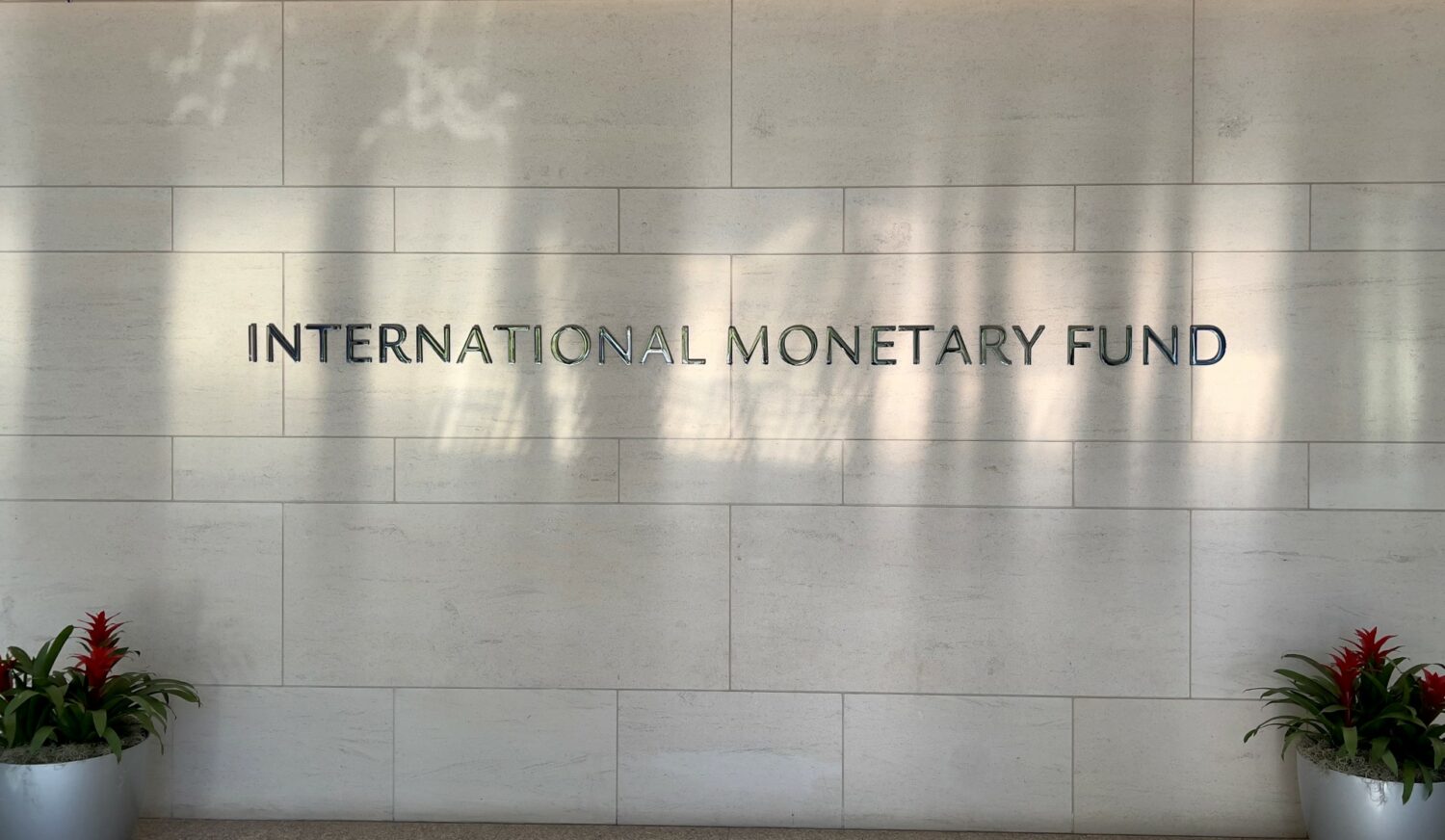BEIRUT, LEBANON – The International Monetary Fund warned in a report on Thursday that Lebanon’s failure to implement reforms could have “irreversible” consequences for the crisis-hit country and risks jeopardizing economic and social stability.
Lebanon has been mired since 2019 in an economic collapse that has seen the local currency lose around 98 percent of its value against the dollar and impoverished most of the population.
In April 2022, Lebanon and the IMF reached a conditional agreement on a $3-billion-dollar loan needed to save the economy, but officials have still yet to enact the substantial changes required to kickstart the 46-month financing program.
“The continuation of the status quo presents the largest risk to Lebanon’s economic and social stability, taking the country down an unpredictable road,” the IMF said in a report Thursday.
“Without reforms, the economy will remain depressed with irreversible consequences for the country,” it said.
The IMF projected that if the situation remains unchanged the public gross debt in Lebanon, which defaulted on its foreign debt for the first time in 2020, could reach 547.5 percent of gross domestic product by 2027.
Inflation “has accelerated recently reaching 190 percent year-on-year in February 2023, with food prices increasing by 261 percent,” while unemployment “increased sharply”, it said.
“The fiscal deficit widened to an estimated five percent of GDP in 2022,” it added, while the central bank’s foreign currency reserves “declined to about $10 billion, compared to $36 billion at its peak in 2017”.
The IMF deal is conditional on a series of measures, including unifying Lebanon’s plethora of exchange rates, restructuring the banking sector and implementing formal capital controls.
Lebanon has enacted some reforms, including passing a revised bank secrecy law, but the IMF report said the legislation “should be changed to address outstanding weaknesses”.
“Nobody wants to lend to a country where the government cannot make good on its external obligations,” the IMF’s Ernesto Ramirez Rigo told a press briefing on Thursday.
Lebanon’s political elite, locked in a power struggle, has been widely blamed for the country’s financial meltdown.
Since last year, Lebanon has been governed by a caretaker cabinet with limited powers and without a president.
No group has a clear majority in parliament, and lawmakers have failed 12 times to elect a new president, amid bitter divisions between the Iran-backed Hezbollah and its opponents.







